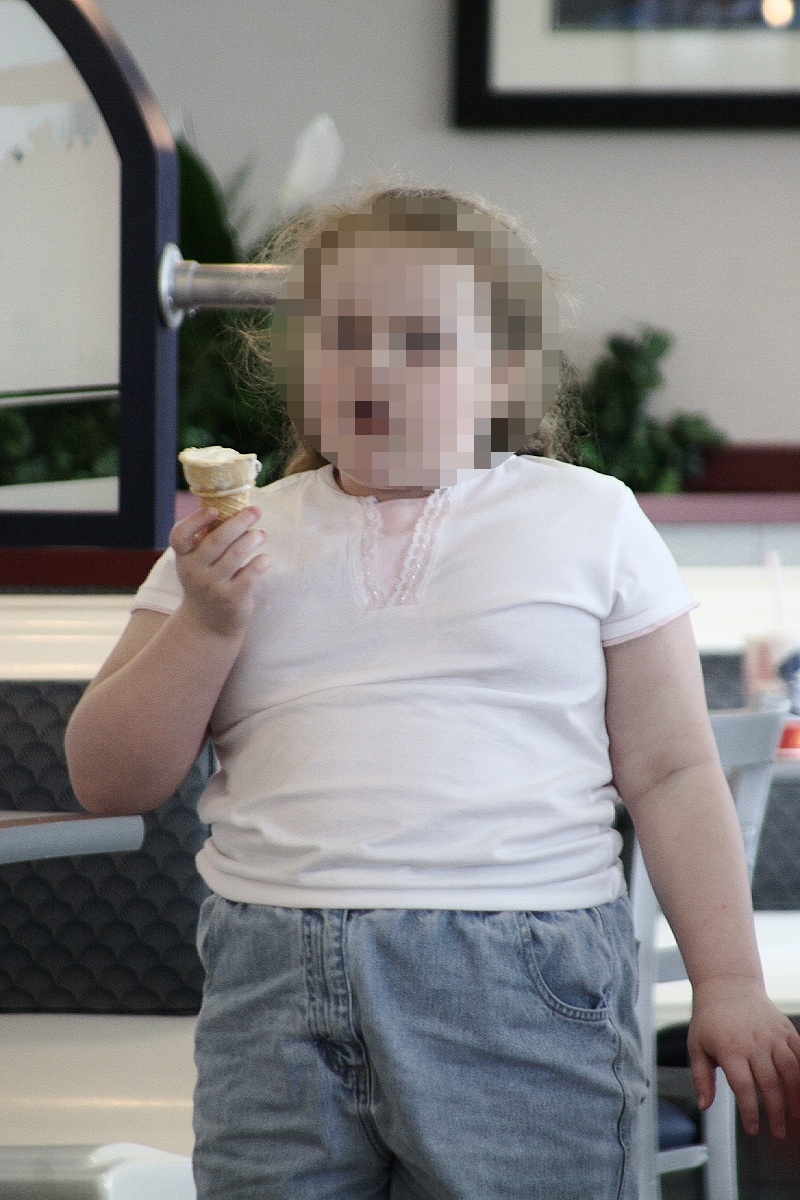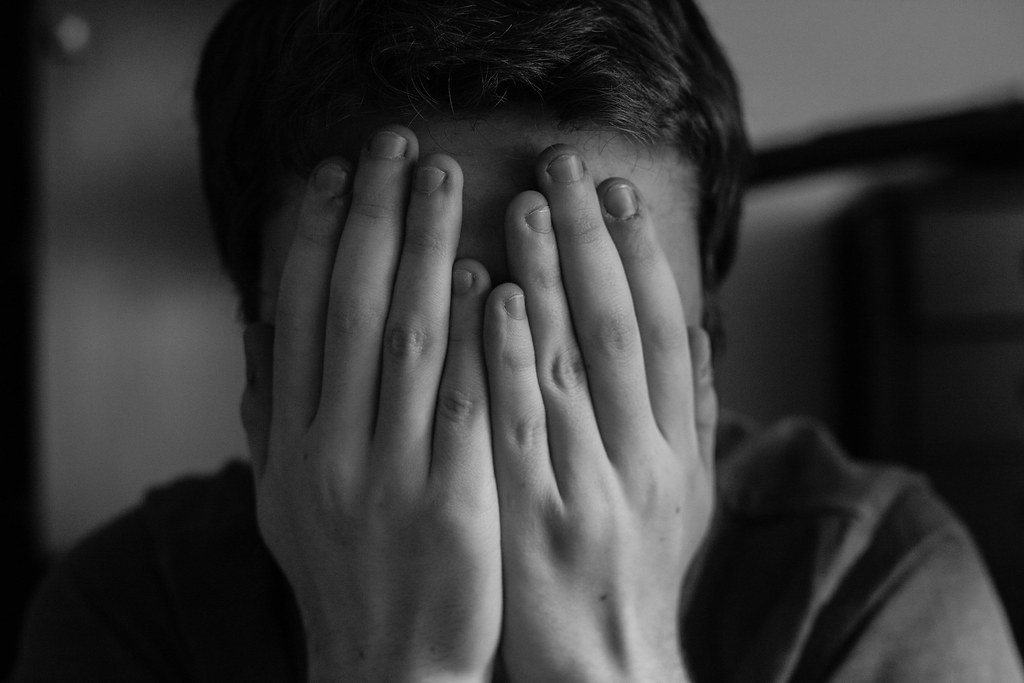Difference Between Childhood Obesity and Depression
What is Childhood Obesity and Depression?
Obesity and depression are diagnosed differently in children in comparison to adults. Childhood mental disease and depression is poorly recognised by parents and health practitioners.
Increased hunger, weight gain, and minimized physical activity are all symptoms of depression, and children with anxiety issues and depression are more likely to binge eat and live a sedentary life. Both depression and obesity are genetically associated, so children are sometimes obese because of their parent’s genes.
Some of the impacts caused due to childhood obesity and recurring depression include substance misuse, poor school performance and social functioning, and increased suicide risk. Suicide among obese children who are suffering which is the second leading cause of preventable death among young people.
Association between Childhood Obesity and Depression
Childhood obesity has several causes like genetic reasons, poor diet, junk food, sedentary lifestyle, hormonal imbalance etc. Obesity in childhood often results in teasing and persistent annoying provocation that results in depression in children. Obese children experience amplified dissatisfaction with their looks and appearance, and this leads to self-esteem and depression.

What is Childhood Obesity?
It is a medical condition in which a child becomes excessively overweight much above his or her normal weight, height and age.
- Children become obese and gain excessive weight due to several reasons like
- Poor health because of poor eating habits
- Lack of physical activity
- Genetic factors
- Hormonal imbalance in rare cases
Childhood obesity is associated to psychological issues such as depression, sadness and mental illness. Guilt, low self-esteem and feeling of hopelessness are some factors associated with childhood obesity. Other problems are social problems like dissatisfaction, bullying and stigma

Depression
Depression is a state of mental instability, persistent feelings of sadness, irritability and low interest in any activities Mong children. It also results in feelings of guilt, dissatisfaction about looks, worthlessness and hopelessness and sometimes, thoughts of suicide.
Difference between Childhood Obesity and Depression
Definition
Childhood obesity
Childhood obesity is a medical condition in which a child is excessive overweight for his or her height and age. It is usually self-treatable with regular exercising and a balanced healthy diet.
Depression
Depression is a state of sadness, anxiety and aversion to activity in children. Childhood obesity is closely linked to depression.
Obesity in children often results in lower self-esteem, body dissatisfaction and eventually depression.
Symptoms
Childhood obesity
Symptoms of childhood obesity include:
- Sleep apnoea
- Liver and gallbladder problems, gastro-oesophageal reflux disease
- Breathing disorders
- Chronic obstructive pulmonary disease
- Bowel, breast, prostate and uterine cancer
- Diabetes (type 2 in children)
- Coronary heart disease
- Depression
- high blood pressure, high cholesterol, stroke, and diseases of joints such as osteoarthritis, pain in knees and lower back
Depression
Symptoms of childhood depression include;
- Tiredness and less energy
- Grumpiness and Irritability
- Physical health issues like headaches, stomach aches
- Felling of guilt, shame and worthlessness
- Difficulty in concentrating and less focus
- Development of suicidal thoughts
- Inability to think properly (Impaired thinking)
- Anger, grumpiness and irritation
- Social withdrawal
- Constant feelings of hopelessness and sadness
- Increased sensitivity to rejection
- Increased or decreased appetite
- Insomnia or excessive sleep
- Reduced interest to participate in events, extra-curricular activities in school and in any other social gatherings
- Crying and Vocal outbursts
Categories
Childhood obesity
Obesity Categories:
- Class 1: Body Mass Index of 30 to < 35
- Class 2: Body Mass Index of 35 to < 40
- Class 3: Body Mass Index of 40 or higher
Depression
- Major depression
- Perinatal depression
- Persistent depression
- Premenstrual dysphoric disorder
- Seasonal depression
- Situational depression
- Manic depression, or bipolar disorder
- Depressive psychosis
Risk factors
Childhood obesity
- Depression
- Heart disease
- Asthma
- Sleep disorders
- Joint pain
Depression
- Conduct, attention, or learning disorders
- Childhood neglect
- A loss of a loved one or a parent
- Hormonal changes
- Anxiety disorder
- History of depression
- Chronic illness e.g., diabetes
- Cigarette smoking
- Use of certain medications like Accutane
- General stressors including socioeconomic deprivations
Treatment
Childhood obesity
Treatment consists of diet modifications
- Low carbohydrate diet
- Low fat diet
- Low calorie diet
- Limiting screen time
- Physical exercise and Weight loss
Depression
Treatment includes;
- Cognitive behaviour therapy and interpersonal therapy in case of mild depression in children
- Psychotherapy for treating moderate to severe depression in children
- Sertraline (Zoloft), Citalopram (Celexa), and Fluoxetine (Prozac) are recommended as first-line treatments for childhood depression
- Treatment of major depression in children need to be continued for at least 6 months
Summary
The points of difference between Childhood Obesity and Depression have been summarized as below:

- Difference Between Global Warming and Greenhouse Effect - May 18, 2024
- Difference Between Vaccination and Immunization - March 3, 2024
- Difference Between Selective Mutism and Autism - February 25, 2024
Search DifferenceBetween.net :
Leave a Response
References :
[0]Image credit: https://en.wikipedia.org/wiki/File:Childhood_Obesity.JPG
[1]Image credit: https://www.flickr.com/photos/120632374@N07/13974181800
[2]Lima, N. N. R., Do Nascimento, V. B., De Carvalho, S. M. F., De Abreu, L. C., Neto, M. L. R., Brasil, A. Q., ... & Reis, A. O. A. (2013). Childhood depression: a systematic review. Neuropsychiatric disease and treatment, 9, 1417.
[3]Lobstein, T., Baur, L., & Uauy, R. (2004). Obesity in children and young people: a crisis in public health. Obesity reviews, 5, 4-85.
[4]Nemiary, D., Shim, R., Mattox, G., & Holden, K. (2012). The relationship between obesity and depression among adolescents. Psychiatric annals, 42(8), 305-308.
[5]Puhl, R. M., & Latner, J. D. (2007). Stigma, obesity, and the health of the nation's children. Psychological bulletin, 133(4), 557.
[6]Reeves, G. M., Postolache, T. T., & Snitker, S. (2008). Childhood obesity and depression: connection between these growing problems in growing children. International journal of child health and human development: IJCHD, 1(2), 103.
